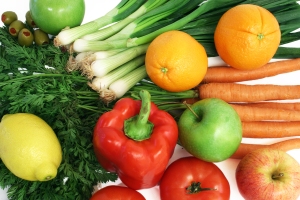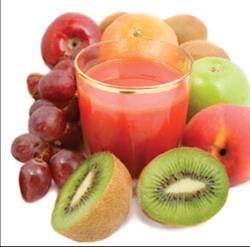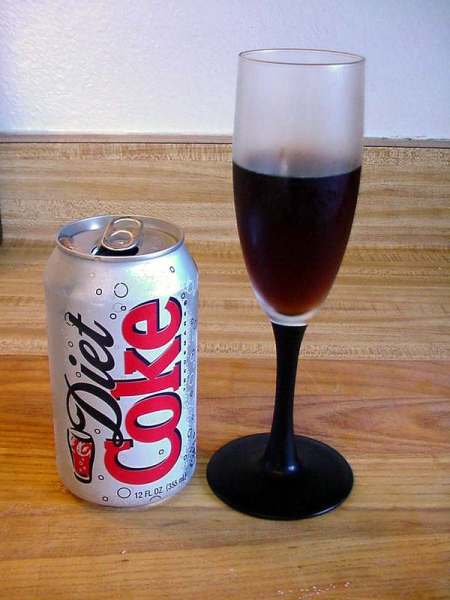March is National Nutrition Month, this month you should think about focusing on good nutritional habits and a heart healthy lifestyle. Try to get yourself on the right track by examining your refrigerator and pantry and write down some goals to improve your nutritional habits…
A healthy diet includes 5 to 9 servings of fruits and vegetables every day. Try eating more whole grains, lowfat dairy products, nuts (handful a day), fish (two servings per week), and lean meats. Cut back on trans fats and saturated fats also limit your salt/sodium intake to less than 2,400 mg per day (less than 2,000 mg per day if you have high blood pressure or heart failure), also watch the added sugars. Fiber is very important (women should get about 20 to 25 grams of fiber per day, men 30 grams per day).
Fill your refrigerator with:
Fresh fruits and vegetables (variety is important – eat all the different color fruits and vegetables to improve the nutritional value)
Low-fat dairy products
Skinless chicken, turkey, lean beef, fish
Frozen vegetables without added sauces to limit the added sodium
Stock your pantry with:
Olive or canola oil (avoid vegetable oil)
Non-fat cooking sprays
Try experimenting with different seasonings and spices (avoid salt or seasonings with sodium)
Raw nuts and seeds, dried fruits, whole grain crackers, baked chips, brown rice cakes, plain popcorn, whole grain pretzels make good snack choices
Before you eat it – Read it! Check the food label (especially serving sizes – most products list the nutrient values per serving but the package may contain several servings).
Avoid or limit empty calories like soda, sweetened juices, alcohol.
Watch your portion sizes and limit your fast food intake.
Many of you may have made a New Year’s Resolution to lose weight – well it’s three months into the new year – How are you doing? Avoid those infomercials and diet supplements that promise quick weight loss and try and stick to a sensible diet. A recent study found that the best way to lose weight is to CUT CALORIES – it doesn’t matter which diet you are following (low fat, high protein, low carb). To lose one pound a week you need to eat 500 fewer calories per day or burn 500 calories per day (exercising). If you need help think about consulting a nutritionist – they can help you develop an individualized plan.
Recent research studies have also shown that coronary artery disease starts to develop in children even though symptoms do not appear until adulthood. Encourage your kids to develop a heart healthy eating habits early – remember your children learn by watching you!
Happy National Nutrition Month – try to celebrate by making at least one healthy change to your diet, your heart and body will thank you. Remember you can’t change everything overnight, try to make small gradual changes.
For more information visit www.eatright.org (American Dietetic Association)
“Take Charge: A Woman’s Guide to a Healthier Heart” is a new book we wrote which includes heart healthy shopping and cooking tips and healthy suggestions when eating out. Learn your risk factors and how to prevent heart disease. More information is available at www.heart-strong.com




 Posted by heartstrong
Posted by heartstrong 








